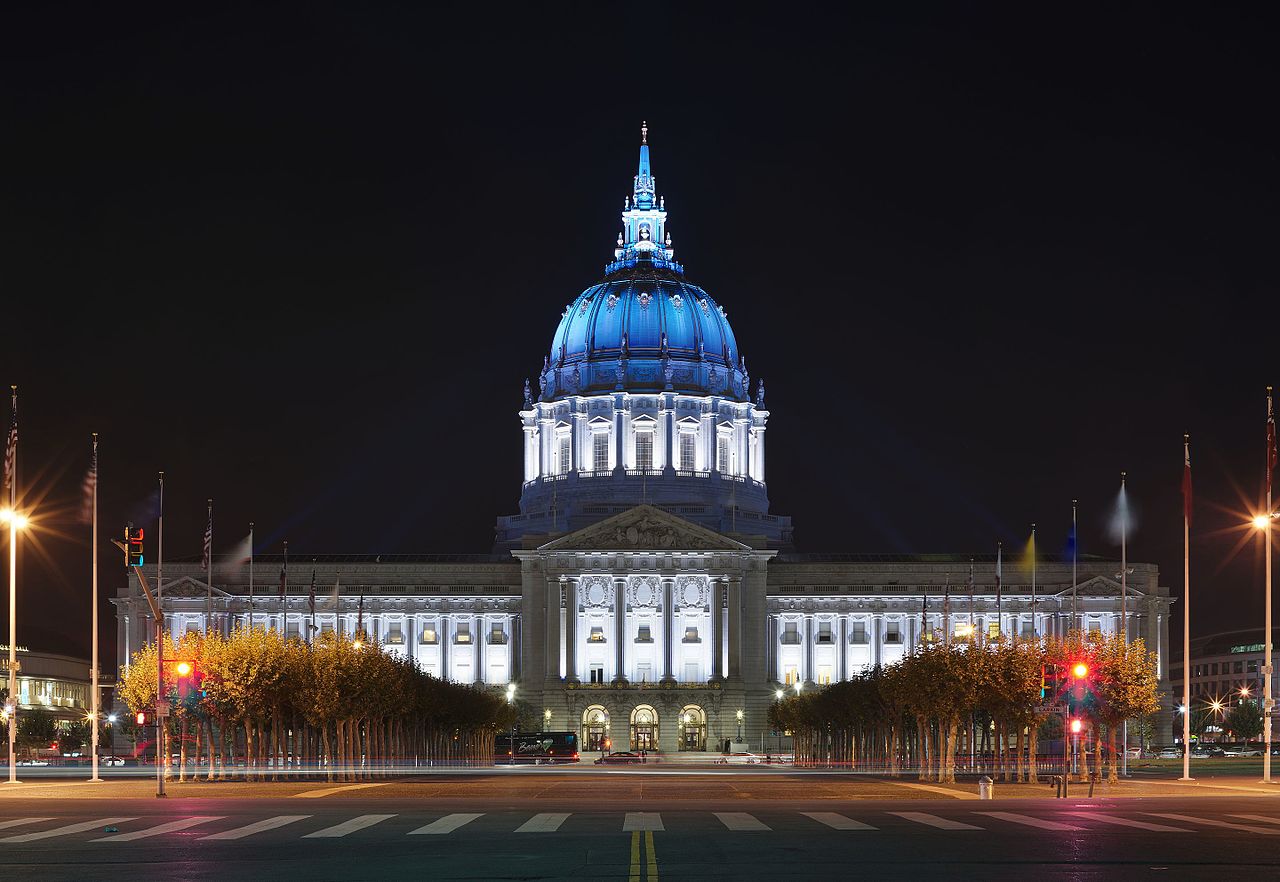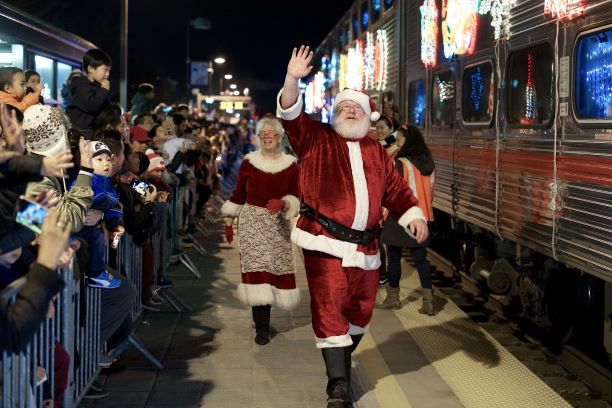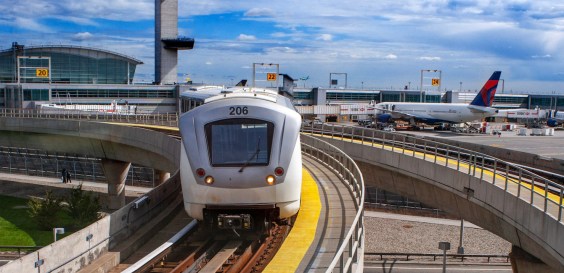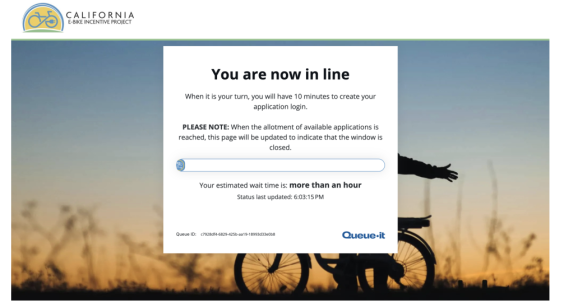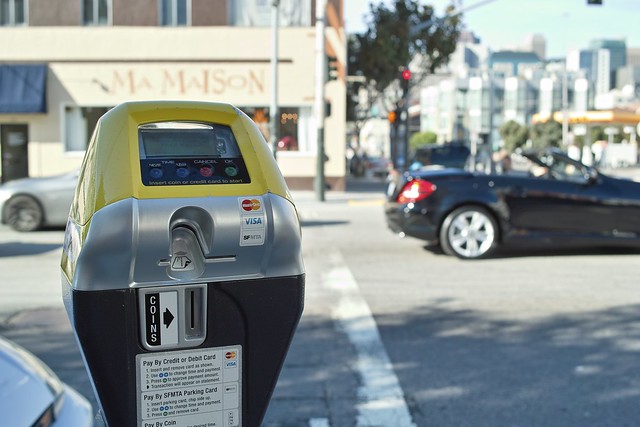
Year after year, the champions of free car parking come to defend its sanctity when the SF Municipal Transportation Agency (SFMTA) works up the guts to raise the issue in its search for budget solutions.
As surely as drivers will cruise endlessly for coveted free parking spots every Sunday, opponents like San Francisco Examiner's Ken Garcia will attempt to stifle calls for the expansion of metered parking hours.
Unfortunately, public discourse on the issue is repeatedly timed with the SFMTA's budget deadline, helping to feed the widespread misconception that pricing parking is nothing more than a money grab and obscuring its potential as a sorely overdue solution for rationalizing the use of our streets.
In his column yesterday, Garcia called for squashing once and for all the "tired" practice of using cars as "roving cash machines."
Nevermind that San Francisco is already resorting to general fund bonds to pave the streets in lieu of payments from the motor vehicle owners who wear them down. To Garcia, putting a rational price on parking spaces is "a kind of 'gouge and go' philosophy to get city transportation planners off the hook for their bosses’ inability to run their own department efficiently." Unfortunately, Mayor Ed Lee went along with Garcia's rant.
To be sure, there are many steps the SFMTA could take to be more efficient, but the question of how to price parking isn't necessarily about the budget. It's about fixing an outdated system of wasteful giveaways that ultimately benefit no one -- not even drivers.
As Streetsblog has written extensively, when parking is underpriced, we all pick up the tab. On Sundays and weeknights after 6 p.m., free parking throughout the city means drivers have no incentive to limit their stay during high-demand periods and busy commercial districts are inundated with car traffic as drivers circle for parking.
The costs add up, with as much as 30 percent of downtown drivers in some cities on the hunt for a place to leave their car.
We've all come to expect to pay the market-rate price for a scarce resource, whether it's a movie ticket on a Friday night or an apartment in San Francisco. Why should the consumption of 140 square feet of public space to store an automobile be any different?
Of course, rather than paying in cash, drivers pay for "free" parking by queuing up. The problem is, they make others pay too. You can see the true cost of free parking every Sunday in my neighborhood, the Inner Sunset. Frustrated drivers make endless loops around the same blocks. Many give up and double park on streets like Irving, forcing bicycle riders onto the streetcar tracks and often blocking the N-Judah until the operator blares the horn at them.
That's the dysfunction that Garcia wants to perpetuate. Meanwhile, a better system is right under his nose. The SFPark program's innovative strides toward pricing parking accurately have been widely lauded in this city and across the country.
Even Mayor Lee touted the rationale for parking pricing at SFPark's launch in April: “You know, when you’re driving around looking for a parking space and you’re double parking and you’re running around trying to see whether something will open, you’re dumb.”
“We want to be less dumb about this,” said Lee.
But now, Lee appears to be abandoning intelligent policy and playing it safe like his predecessor. He told Garcia that raising more parking revenue, including updating meter hours, is "an old, re-hashed idea" and that we need a better, "long-term solution."
Lee's assertion that adjusting meter hours is an old idea is absolutely correct. San Francisco's parking meter hours basically haven't been updated since they were first installed in 1947 to encourage turnover during business hours.
Many things have changed since then -- like business hours.
But as long as city leaders keep playing to the misguided attacks of those like Garcia, San Francisco will remain behind the times.
